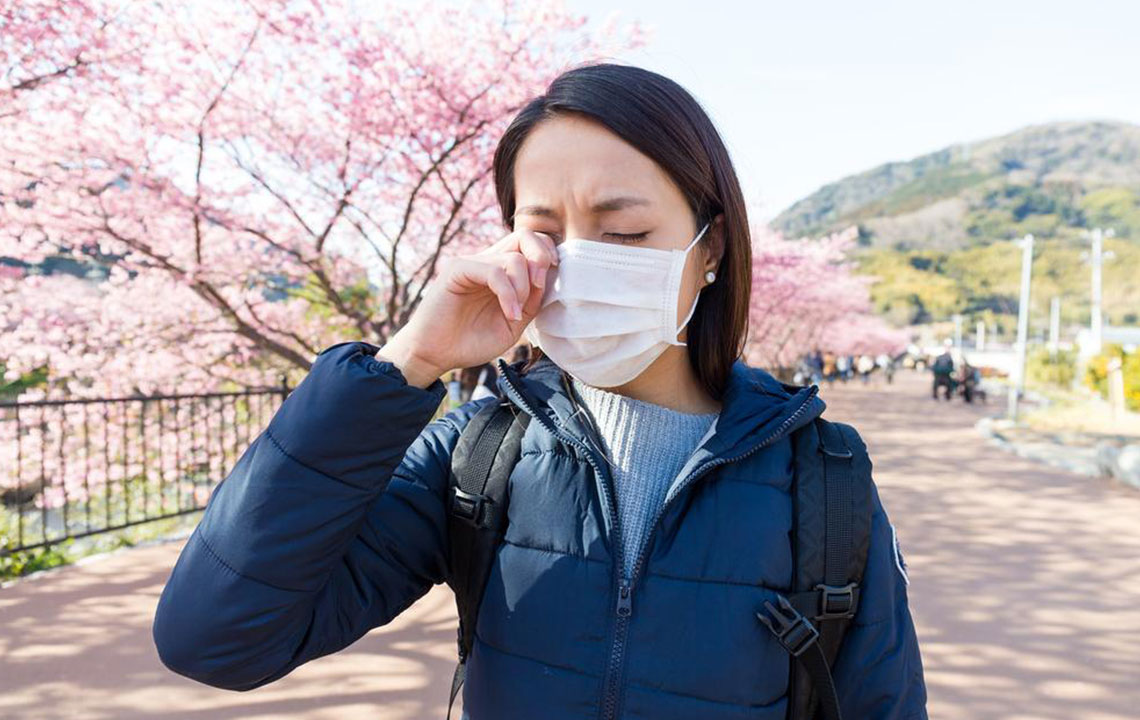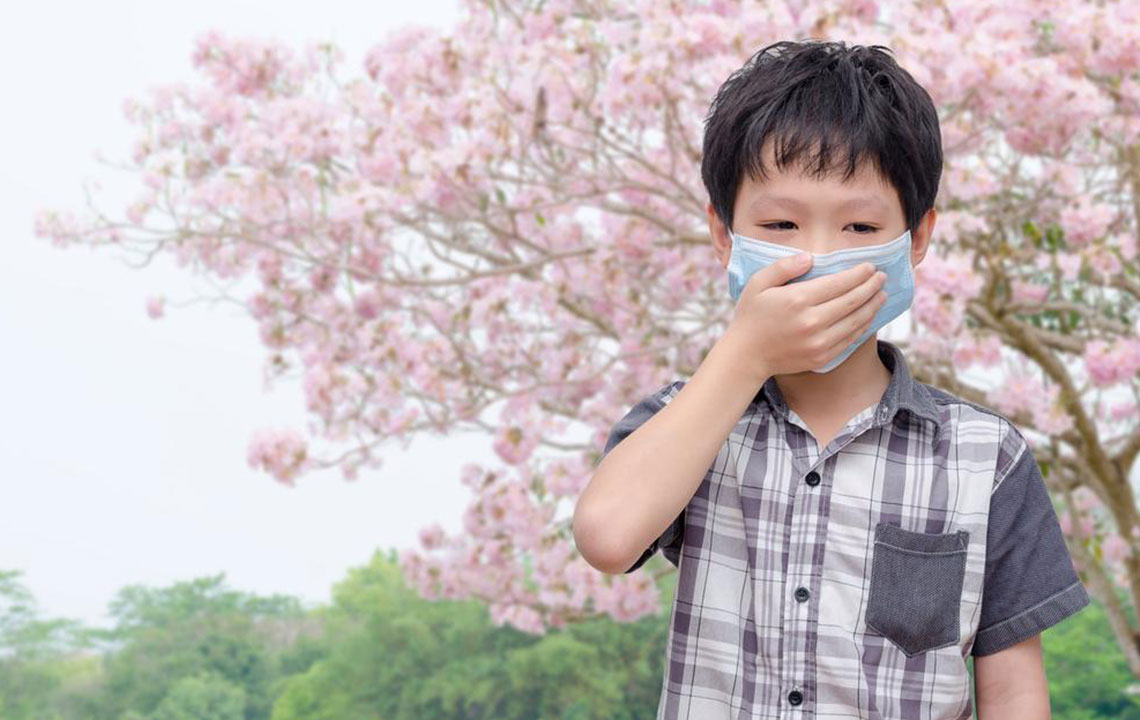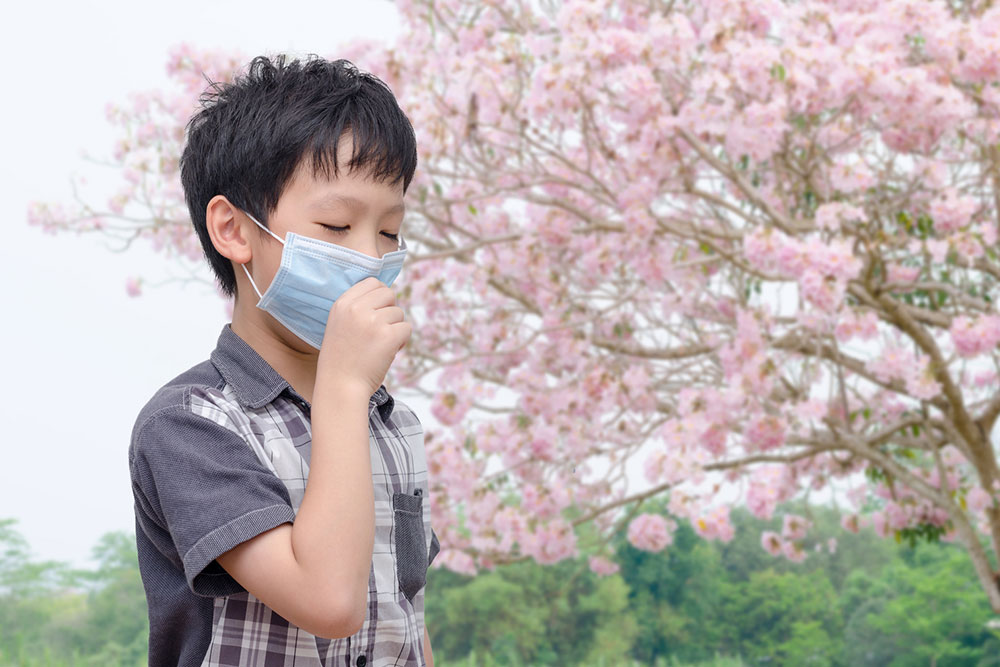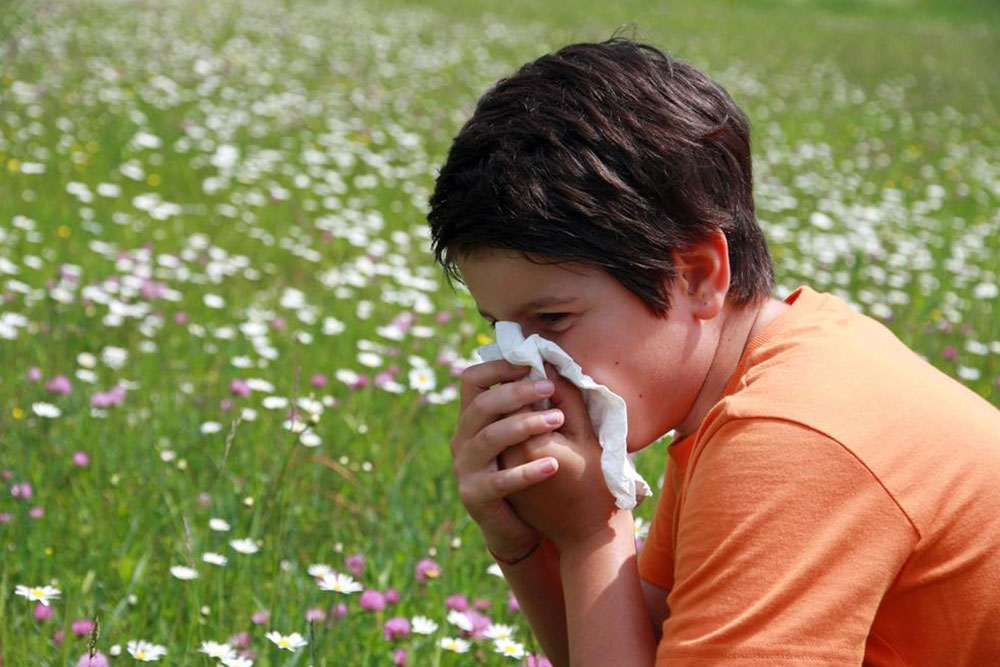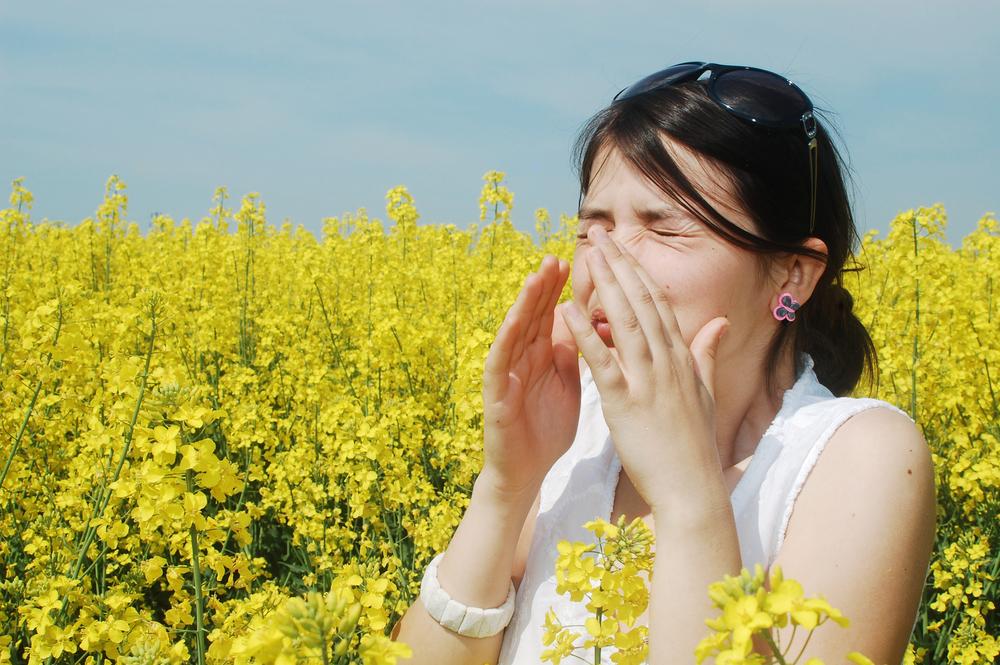Understanding Pollen Allergies and How to Manage Them
Learn about pollen allergies, their symptoms, and effective management strategies. Monitoring pollen levels and adopting preventive habits can greatly reduce allergic reactions. Consult healthcare professionals for personalized treatment, including medication and allergy shots. Protect yourself during high pollen seasons with practical tips and home remedies to enjoy better respiratory health throughout the year.
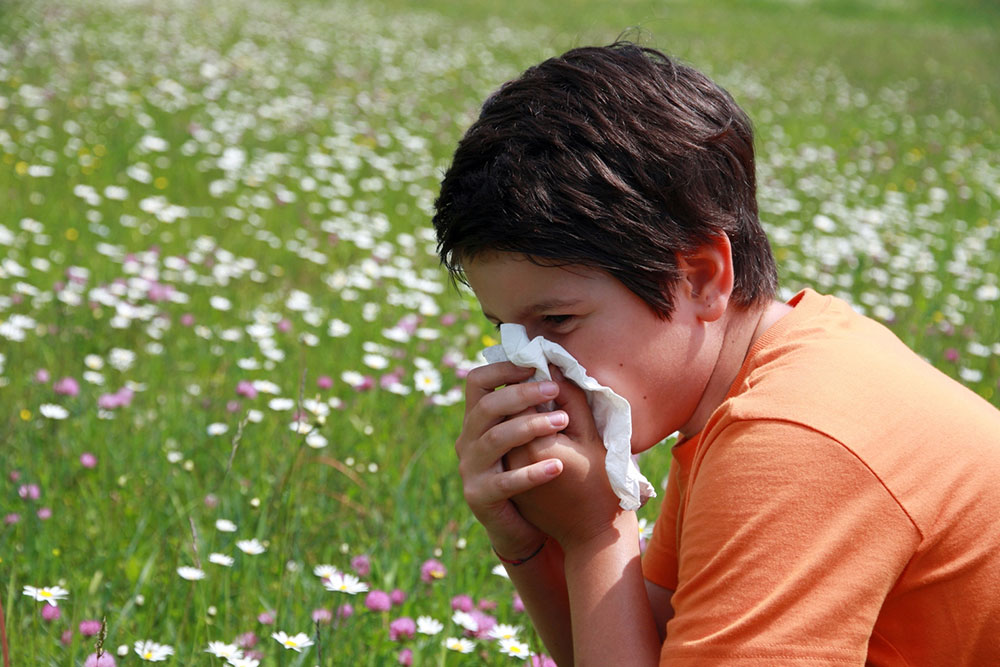
Understanding Pollen Allergies and How to Manage Them
Pollen is a fine powder produced by flowering plants and trees, often causing allergic reactions such as hay fever in sensitive individuals. When inhaled, pollen can trigger immune responses where the body mistakenly attacks it, mistaking it for a harmful invader. This condition affects many people year-round or seasonally, depending on their sensitivity and environmental factors.
Monitoring pollen levels helps allergy sufferers plan outdoor activities and reduce exposure. Pollen counts fluctuate based on weather and location, with higher levels typically during dry, windy seasons.
Pollen Levels
Pollen concentration in the air varies by location and weather. Allergists measure these levels to inform individuals with sensitivities, aiding them in avoiding high pollen periods. Typically, pollen counts are categorized as low, medium, or high, with detailed information about specific pollen types sometimes available.
How Pollen is Measured
Specialized devices placed on building rooftops collect air samples to determine pollen levels. A microscope examines the samples, the results of which guide individuals on outdoor exposure risks. High pollen counts often coincide with dry, windy conditions, especially in winter.
Symptoms of Pollen Allergies
Signs include sinus discomfort, nasal congestion, itchy or watery eyes, runny nose, coughing, sore throat, breathing difficulties, loss of smell or taste, and swollen eyes. Recognizing these symptoms early ensures timely treatment.
Precautionary Measures
To minimize allergy symptoms, avoid outdoor activities during high pollen days. Keep windows closed, wear masks outdoors, and consult physicians for medication options. Allergy shots can provide relief in severe cases.
Home Remedies
Use HEPA filters indoors, change clothes after outdoor exposure, avoid drying clothes outside, prefer air-conditioned vehicles, and maintain cleanliness with vacuuming to reduce pollen indoors.
Monitoring pollen levels is crucial for allergy management. Consulting allergists for air testing and personalized advice helps reduce allergic reactions and improve quality of life.

